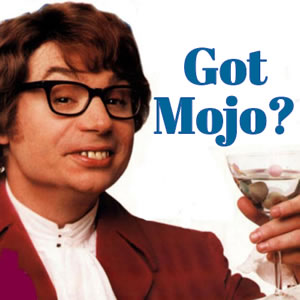As a travel writer, you want your stories to be as authentic as possible.
The best way to create a realistic piece is to discuss the destination with those around you.
Incorporating interviews into your travel writing can provide your readers with tremendous insight that you, as an outsider, cannot.
As a writer, your work does not end with simple observation. You must become a sponge and absorb your surroundings.
Informative and interesting stories come from a variety of sources, but the only way to get these interviews is to cultivate your own discussions. Ask questions of those around you, whether they are fellow travelers or have lived in the area for years. Keep an eye out for people who impress or intrigue you, whether they are a local shop owner or a hotel concierge.
During the interview you need to find a focus. The interview should have a purpose, allowing you to zero in on a story and make it the focal point of your narrative.
A common theme will appeal to your readers more than a series of questions and answers that lack a cohesive bond. When you sit down to have the interview, you need to have a goal. What do you want to get out of this conversation?
You must also consider what type of interview you want to have – official or unofficial.
An official interview is the type you have with an expert, somebody who works in the tourism industry. You would ask questions about the work environment, the breadth of tourism in the area and their recommendations. These are also excellent subjects for factual information about the area, local attractions and history.
An unofficial interview is one that you might have with a local or traveler you happen to meet at a bar or attraction. This interview is more of a conversation than a series of questions and answers. The goal here is to make the subject feel comfortable and speak candidly rather than to feel on guard the entire time.
Tips for Conducting a Successful Interview
- If your subject is okay with it, consider using an audio recorder to capture your interview. This allows you to record the tone of the speaker’s voice and pick up on subtle nuances you may have missed out on the first time. It is important to ask permission first to ensure that you are legally covered.
- Even if you record the interview, take notes. You should be writing down the things you see or impressions you get from the speaker. This will keep you from forgetting your initial ideas. Take note of the environment, the facial expressions your subject makes and any reaction from those who might be overhearing the interview.
- Ask your subject to share a memory with you. This gives you more insight into your subject’s experience at this destination. It will also give much more depth to your interview as well.
- Avoid conducting these interviews by phone or email. You want your interview to be as personal as possible.
- Before you begin, have a clear goal in mind. No matter who you choose to interview for your travel article, you can get the story you want if you focus.
- Always make the person you are interviewing feel comfortable. If there might be a cultural or language boundary, be as respectful as possible with the questions you choose to ask. Always keep in mind what may be considered polite or rude by someone from another country.
Overall the experiences you will have while traveling with such an open ear for stories will not only enhance your travel writing material, but will make the experience much more enriching for yourself as well.
You never know who you might come across and what amazing stories they may have to tell you. The best stories written by travelers are the ones that are able to capture what the significance of another culture’s point of view can teach, so embrace that.
~ Anna
What are your interviewing tips? Share your advice!






Great tips, Anna! I particularly like the last one … in my experience, a lot of interviewers fail at this, which is a shame, because you’ll *always* get a much better interview (and occasionally enough material to publish either multiple or a multi-part interview, or additional articles) when your subject is comfortable both physically and mentally……they’ll be much more likely to be open and volunteer information beyond what the interviewer asks.
Thanks for sharing this article!